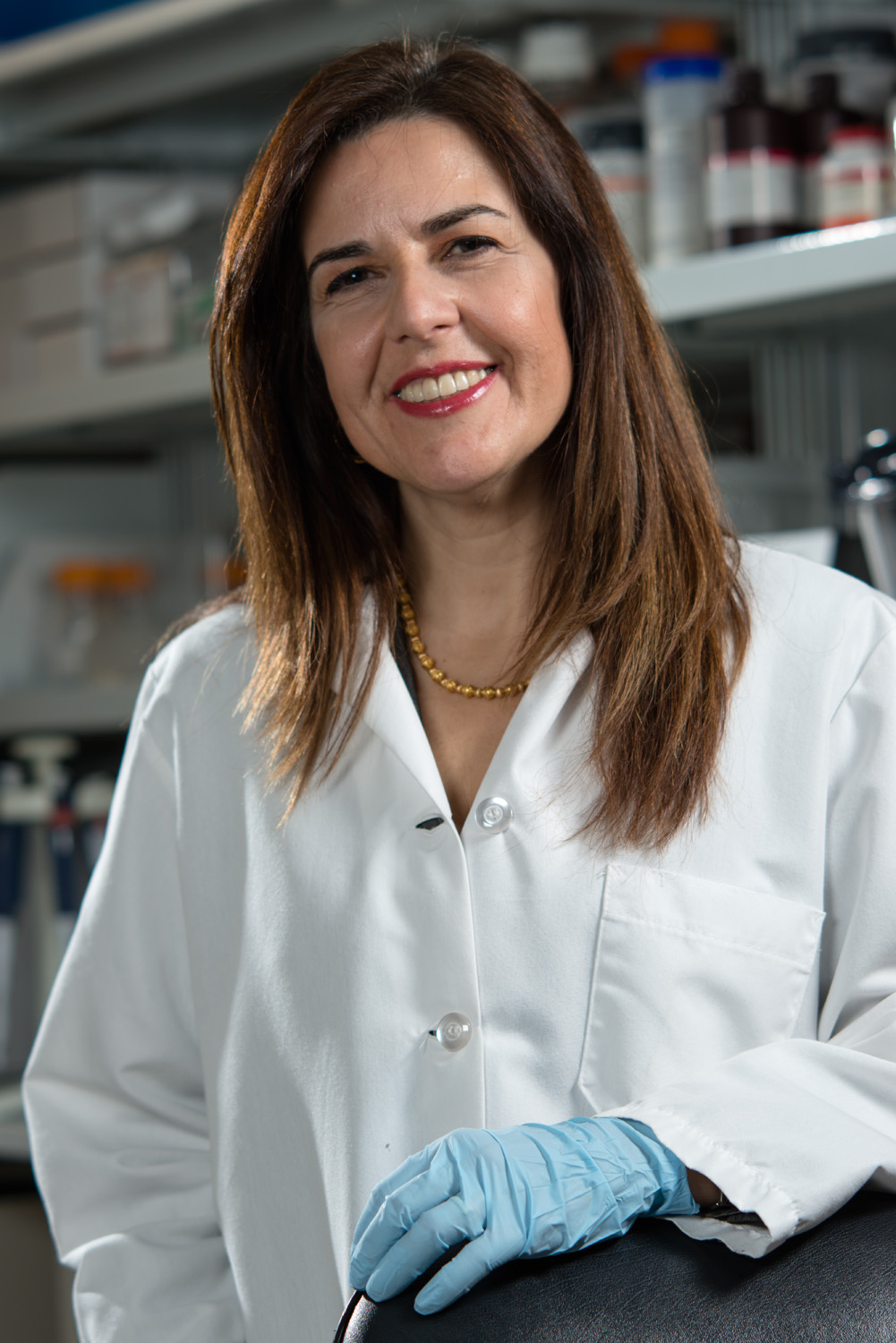Is a single dose of a human papillomavirus (HPV) vaccine sufficient to induce an immune response capable of preventing HPV infection and cervical cancer? That is an area of focus of the Frederick National Laboratory’s HPV Serology Laboratory, this time with a new collaboration with the London School of Hygiene & Tropical Medicine School to investigate immune responses to a single dose of the HPV vaccine in girls in Tanzania.
HPV infection is the primary cause of cervical cancer; in fact, two types of HPV (16 and 18) are responsible for about 70% of cases, according to the World Health Organization. Although HPV, and consequently cervical cancer, can be prevented by HPV vaccination, worldwide vaccination rates are still low, and cervical cancer remains a major public health burden in low- to mid-income areas in general, and sub-Saharan Africa in particular. In fact, cervical cancer is the leading cause of female cancer deaths in the region.
The current vaccine dose regimen is one of the barriers to increased HPV vaccine uptake. The first HPV vaccine was licensed in 2006 with a three-dose regimen; however, the World Health Organization and the U.S. Food and Drug Administration have since approved a two-dose schedule based on the high immunogenicity and efficacy of the HPV vaccine. This dose reduction has reduced some of the burden of completing the vaccination series, but if a single HPV vaccine dose is shown to be effective, it would reduce significantly the cost of vaccination and simplify delivery—making it more accessible to anyone in the world.

“This would facilitate establishment and maintenance of HPV national vaccination programs in many low- and middle-income countries,” explained Ligia Pinto, Ph.D., Director of the Vaccine, Immunity and Cancer Program at the Frederick National Laboratory and the co-principal investigator on the study.
The clinical study, which is led by Deborah Watson-Jones, Ph.D., at the London School of Hygiene & Tropical Medicine with funding from the Bill and Melinda Gates Foundation and the Medical Research Council, is enrolling 900 Tanzanian participants who will be followed over 36 months to assess and compare the durability of their immune response to the vaccine. Each participant will receive one, two, or three doses of the Cervarix® or Gardasil®9 vaccine.
The HPV Serology Laboratory will evaluate the participants’ immune response to the various doses of the two vaccines by determining HPV-16/18-specific antibody levels in circulation in blood and antibody avidity, which will inform on how strongly those antibodies bind to the antigen.
“The Frederick National Laboratory has one of the very few laboratories in the world with the expertise, experience, and the technology available for performing standardized serology assessments in HPV vaccine studies,” said Pinto.
There is currently a lack of data on the efficacy of a single HPV vaccine dose. However, there is increasing evidence supporting a single-dose regimen from post-hoc analyses from a phase 3 trial in Costa Rica conducted by National Cancer Institute investigators and a trial in India conducted by the International Agency for Research on Cancer (IARC). Both studies suggest that women who only received one or two doses had similar efficacy compared to those who received all three doses.
“Given the public health burden of HPV and cervical cancer in Africa, this research is critical in providing data necessary to support future recommendations for reduced vaccine schedules in Africa,” Pinto said.




